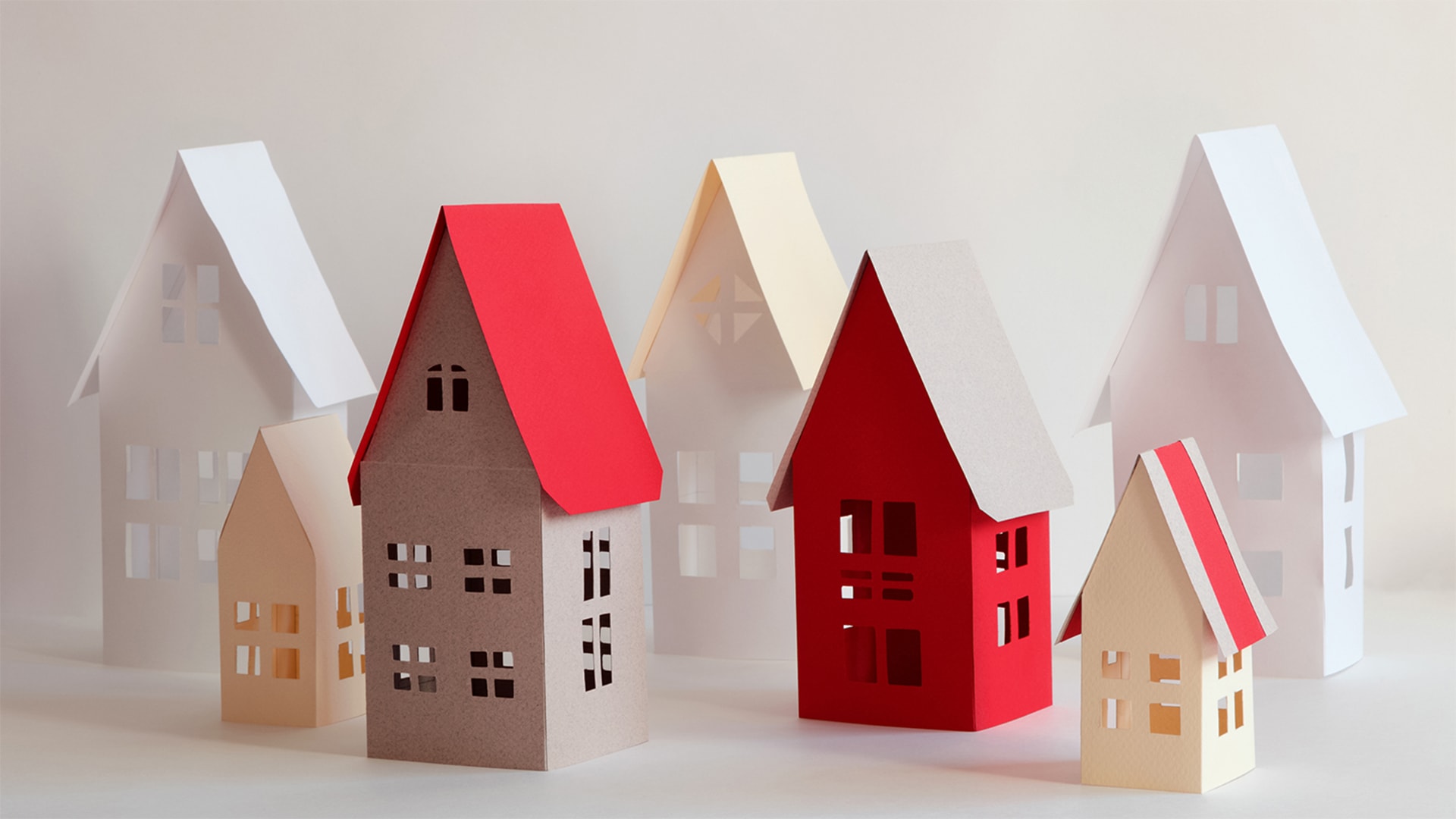Scroll for prep

Please wait…
This video is having trouble loading. You may have lost your Internet connection.
Step 1: Click to Reload this page
Step 2: Click to
Try our other video player
Step 3: Contact your teacher if trouble persists.
Or,
dismiss this message.
DISCUSS:
What other materials could you use to build a house?

Please wait…
This video is having trouble loading. You may have lost your Internet connection.
Step 1: Click to Reload this page
Step 2: Click to
Try our other video player
Step 3: Contact your teacher if trouble persists.
Or,
dismiss this message.
DISCUSS:
How could you change the properties of paper to make it better to build with? What would you do?

Please wait…
This video is having trouble loading. You may have lost your Internet connection.
Step 1: Click to Reload this page
Step 2: Click to
Try our other video player
Step 3: Contact your teacher if trouble persists.
Or,
dismiss this message.

Please wait…
This video is having trouble loading. You may have lost your Internet connection.
Step 1: Click to Reload this page
Step 2: Click to
Try our other video player
Step 3: Contact your teacher if trouble persists.
Or,
dismiss this message.

Please wait…
This video is having trouble loading. You may have lost your Internet connection.
Step 1: Click to Reload this page
Step 2: Click to
Try our other video player
Step 3: Contact your teacher if trouble persists.
Or,
dismiss this message.

Please wait…
This video is having trouble loading. You may have lost your Internet connection.
Step 1: Click to Reload this page
Step 2: Click to
Try our other video player
Step 3: Contact your teacher if trouble persists.
Or,
dismiss this message.

Please wait…
This video is having trouble loading. You may have lost your Internet connection.
Step 1: Click to Reload this page
Step 2: Click to
Try our other video player
Step 3: Contact your teacher if trouble persists.
Or,
dismiss this message.

Please wait…
This video is having trouble loading. You may have lost your Internet connection.
Step 1: Click to Reload this page
Step 2: Click to
Try our other video player
Step 3: Contact your teacher if trouble persists.
Or,
dismiss this message.

Please wait…
This video is having trouble loading. You may have lost your Internet connection.
Step 1: Click to Reload this page
Step 2: Click to
Try our other video player
Step 3: Contact your teacher if trouble persists.
Or,
dismiss this message.

Please wait…
This video is having trouble loading. You may have lost your Internet connection.
Step 1: Click to Reload this page
Step 2: Click to
Try our other video player
Step 3: Contact your teacher if trouble persists.
Or,
dismiss this message.

Please wait…
This video is having trouble loading. You may have lost your Internet connection.
Step 1: Click to Reload this page
Step 2: Click to
Try our other video player
Step 3: Contact your teacher if trouble persists.
Or,
dismiss this message.

Please wait…
This video is having trouble loading. You may have lost your Internet connection.
Step 1: Click to Reload this page
Step 2: Click to
Try our other video player
Step 3: Contact your teacher if trouble persists.
Or,
dismiss this message.

Please wait…
This video is having trouble loading. You may have lost your Internet connection.
Step 1: Click to Reload this page
Step 2: Click to
Try our other video player
Step 3: Contact your teacher if trouble persists.
Or,
dismiss this message.

Please wait…
This video is having trouble loading. You may have lost your Internet connection.
Step 1: Click to Reload this page
Step 2: Click to
Try our other video player
Step 3: Contact your teacher if trouble persists.
Or,
dismiss this message.
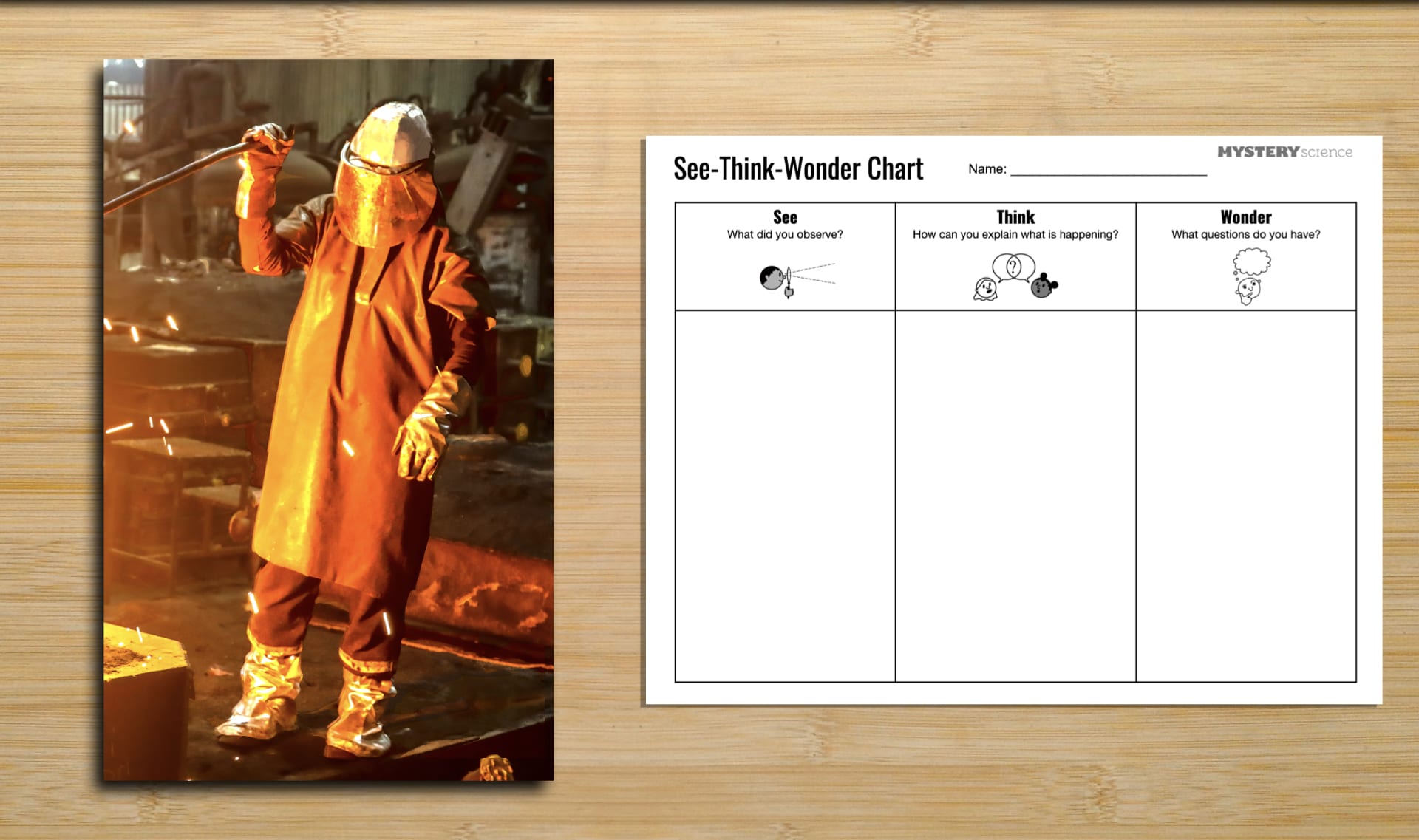
Anchor Connection
Discuss. Look at the "Wonder" column of your class See-Think-Wonder chart.
Have any questions been answered by the past lesson?
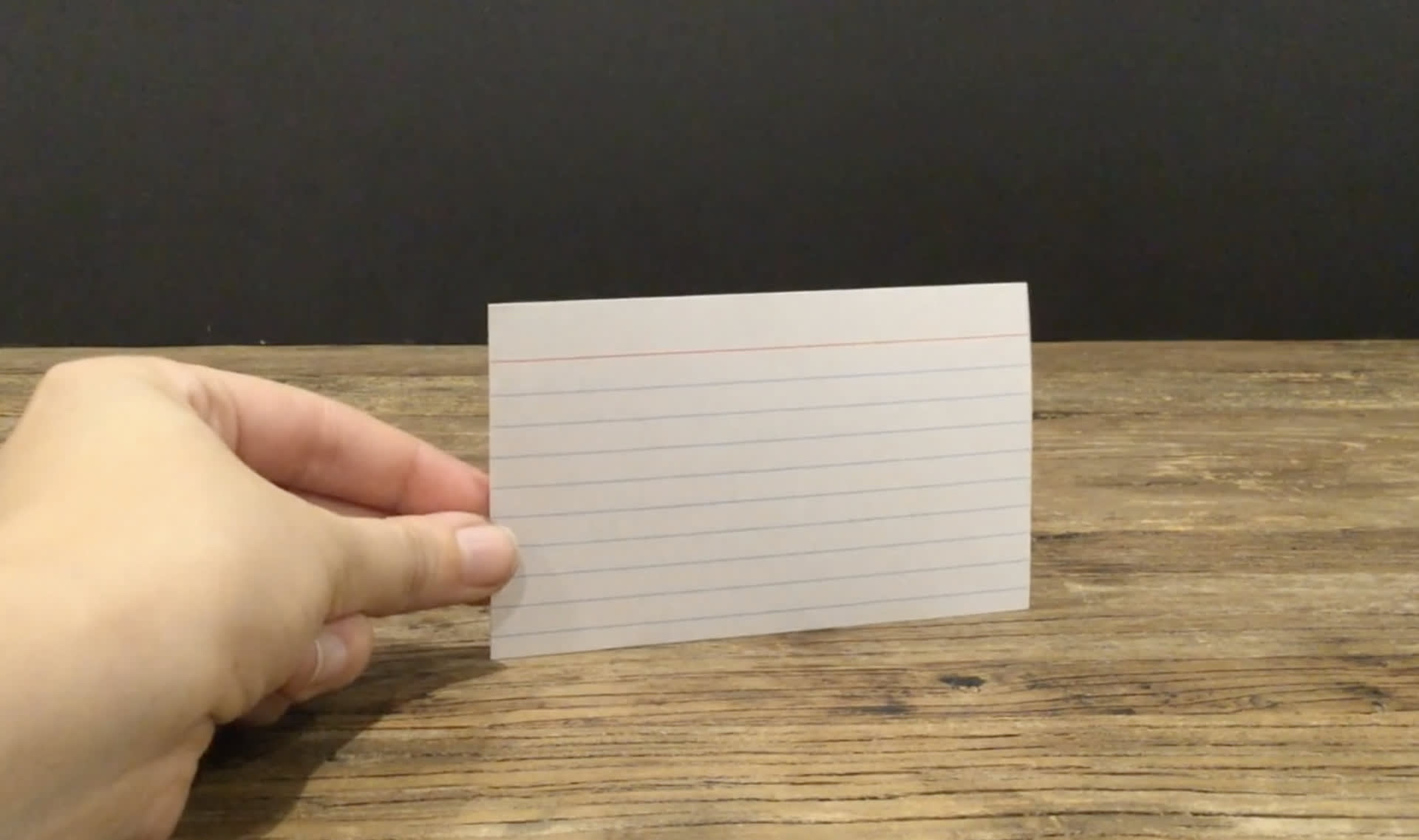
Step
01/10
01/10
In the past lesson, you worked with note cards. People usually use
note cards to write on. Discuss. What did you use note cards to do?
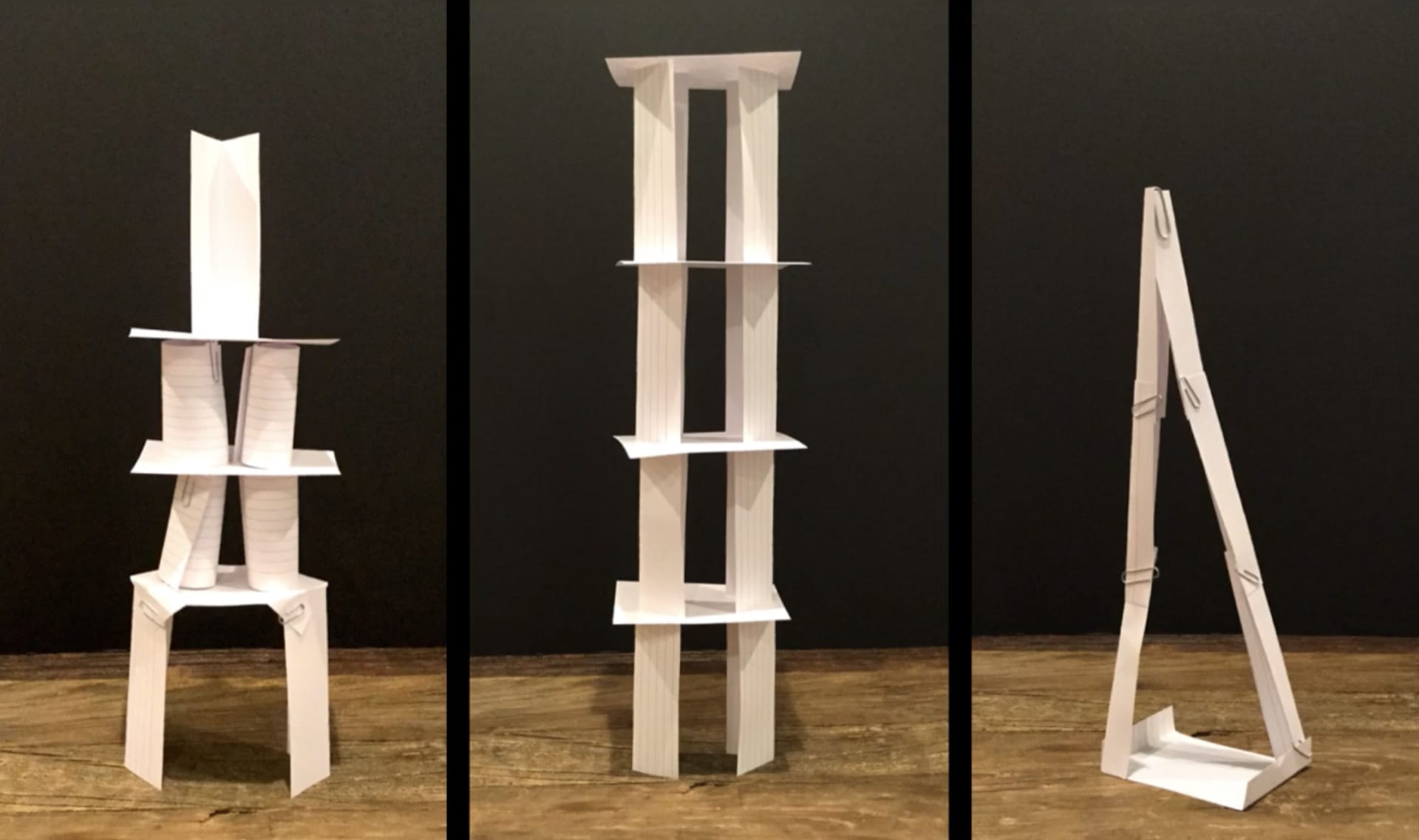
Step
02/10
02/10
Instead of writing on the note cards, you built towers with them.
They were originally made to write on, but you used them for
something else.
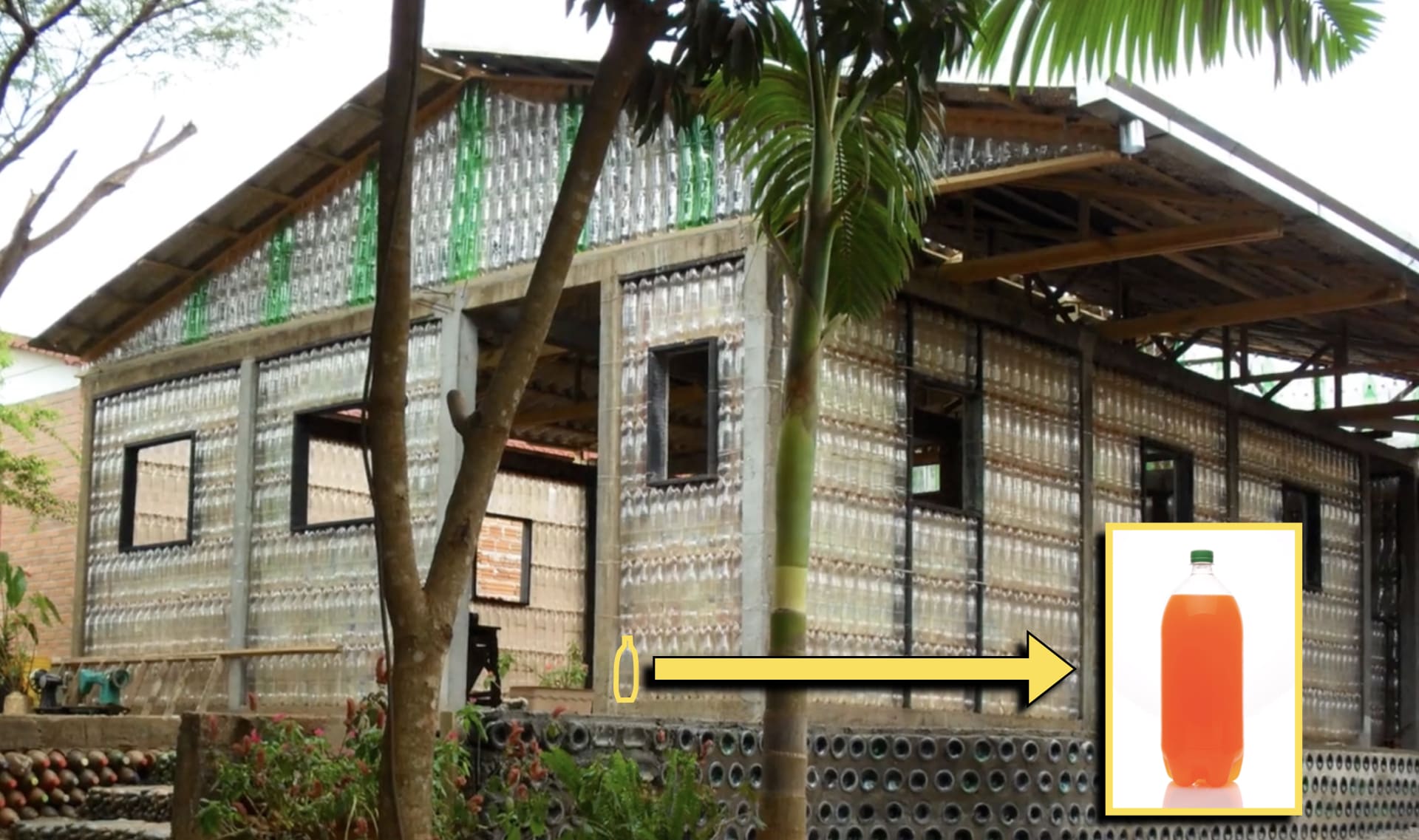
Step
03/10
03/10
In the past lesson, you saw this house built out of plastic bottles. But
these plastic bottles are normally used for something else. Discuss.
What are plastic bottles like this normally used for?
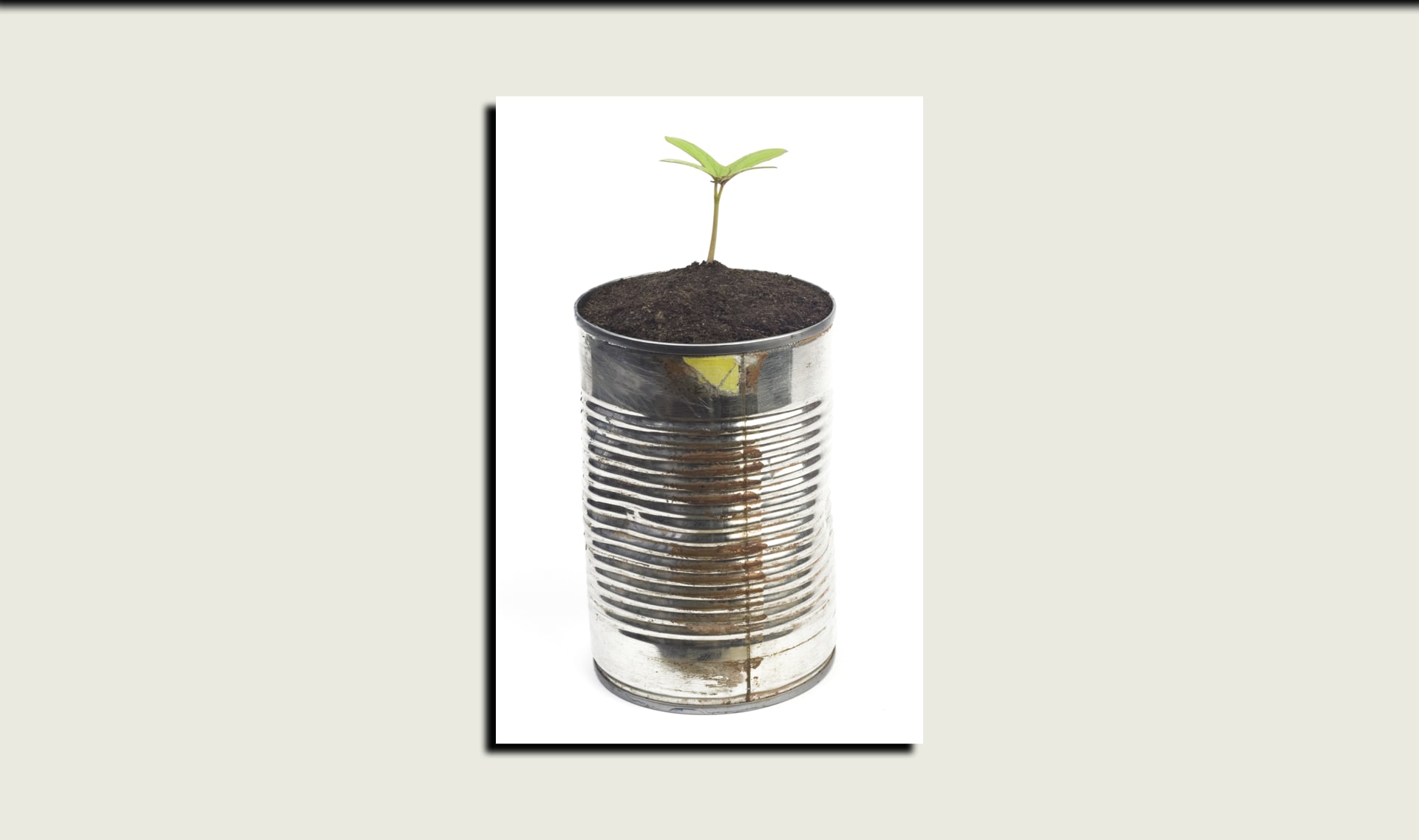
Step
04/10
04/10
People are always looking for new ways to use things. Discuss. Small
metal cans like this aren’t normally used to hold a plant. What do small
metal cans like this normally hold?
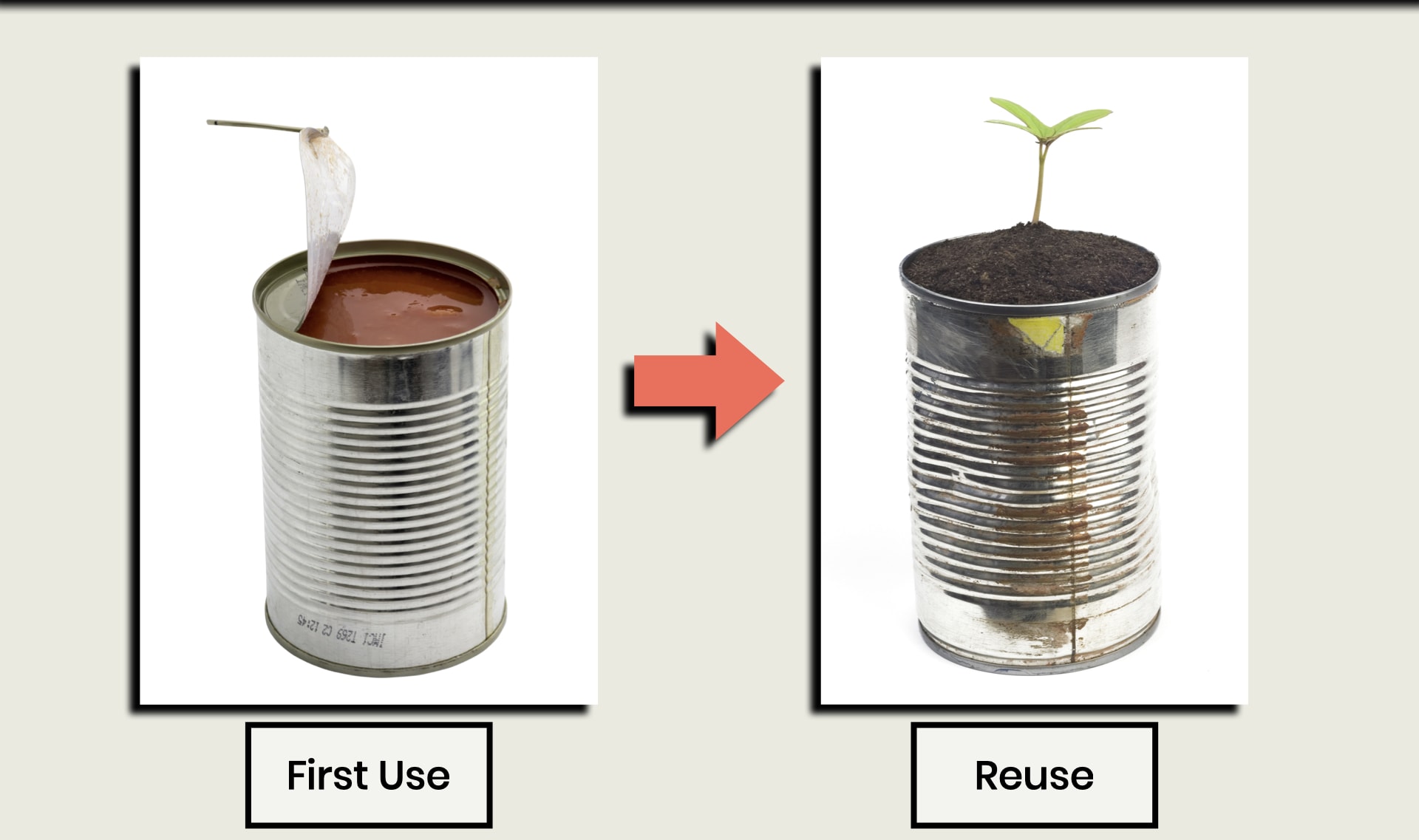
Step
05/10
05/10
This metal can be used to hold soup! People can use a metal can like
this in a new way without changing it. It is still a can. When you use
something without completely changing it, it is called reuse.
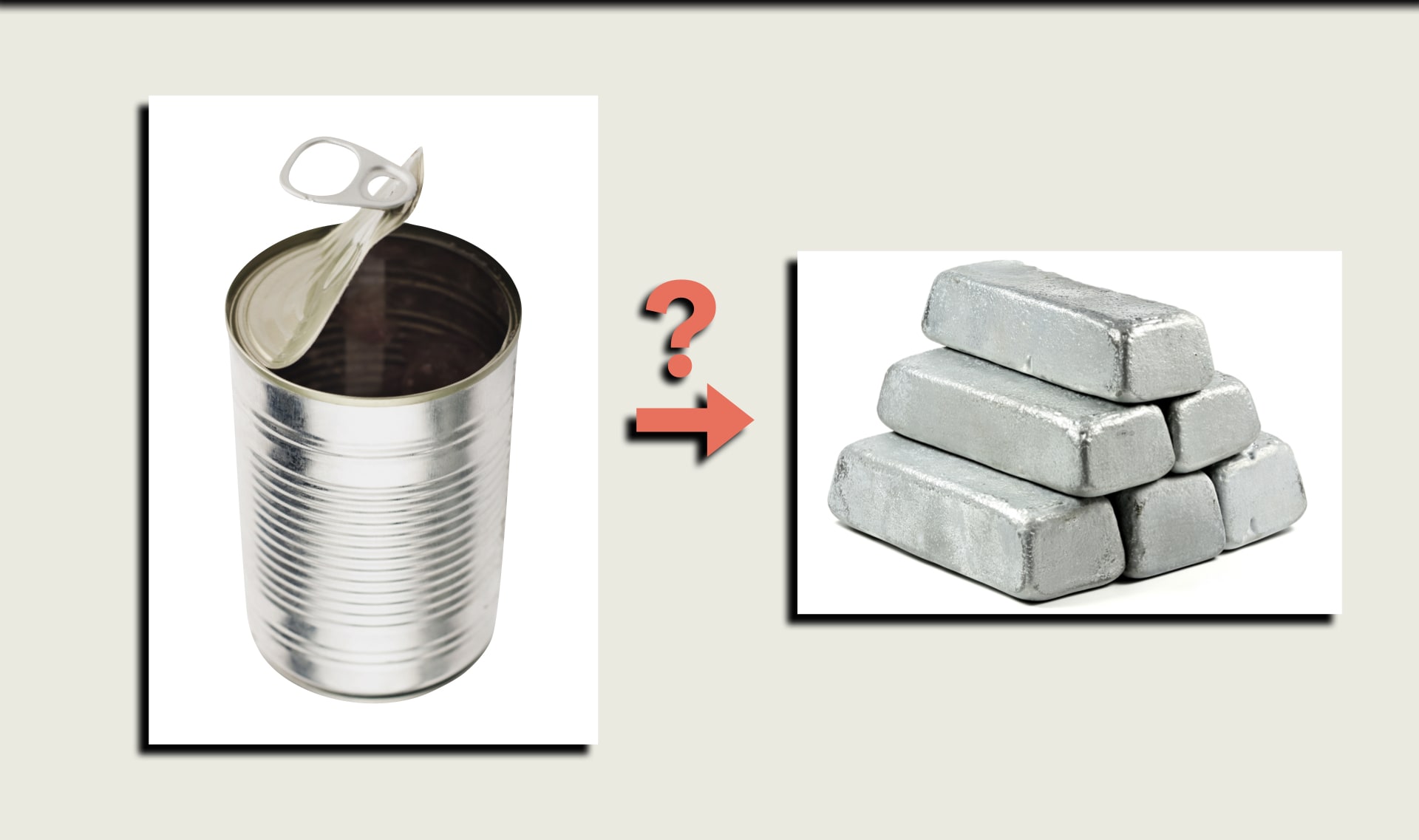
Step
06/10
06/10
But what if we wanted to completely change metal cans into
something else? Discuss. How do you think we could completely
change metal cans into something new, like little metal building blocks?
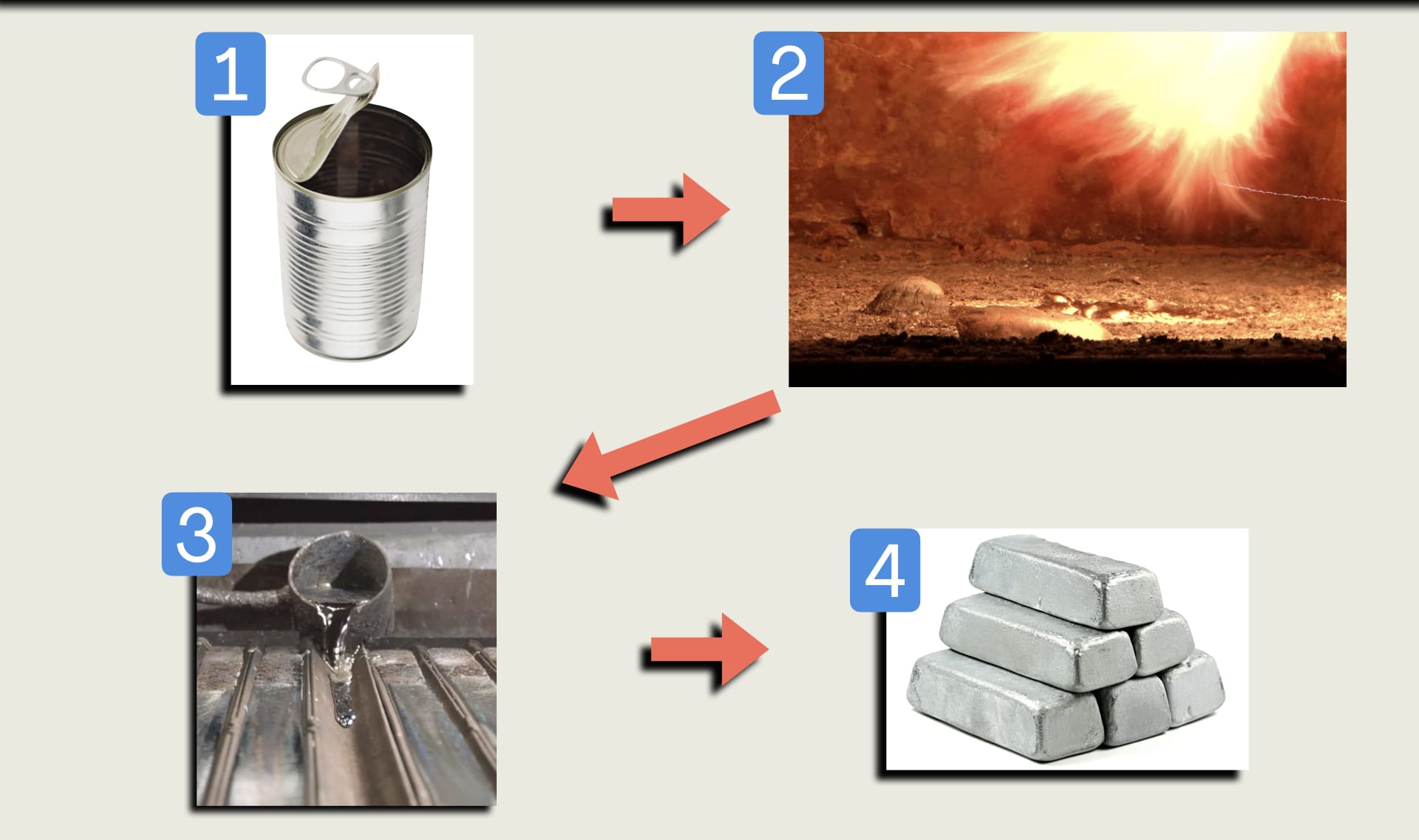
Step
07/10
07/10
We can do this by melting the metal cans. Once the metal is melted,
we can pour it into a new shape. Discuss. What's the name of the
place where we can melt metal? (Hint: You've been thinking about this
kind of place since before the first lesson in this unit!)

Please wait…
This video is having trouble loading. You may have lost your Internet connection.
Step 1: Click to Reload this page
Step 2: Click to
Try our other video player
Step 3: Contact your teacher if trouble persists.
Or,
dismiss this message.
Step
08/10
08/10
We can melt metal into new shapes in a foundry! Old pieces of metal,
like cans, or anything else, are put into hot ovens. Then they are
melted and can become something new.
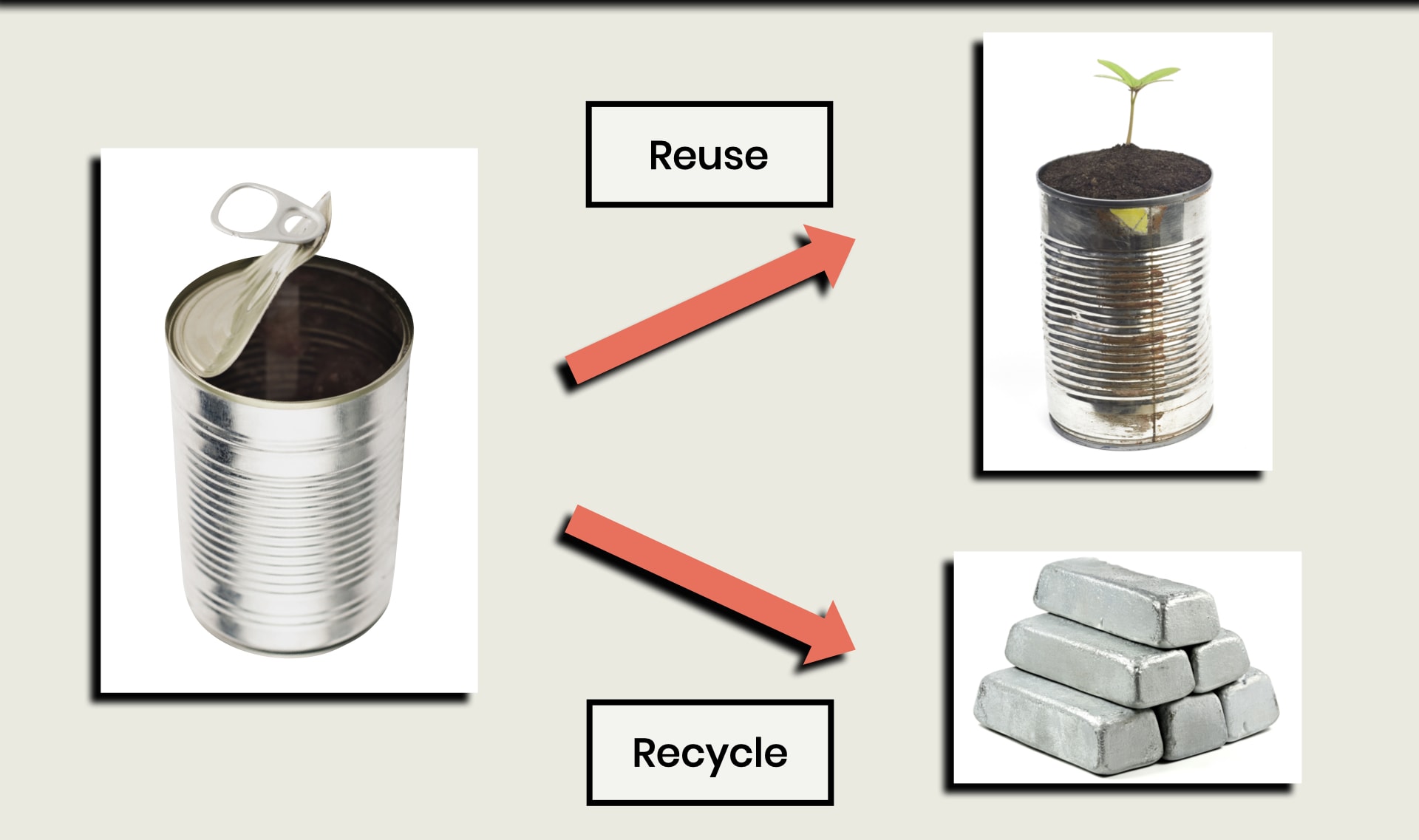
Step
09/10
09/10
When we use the metal can again without completely changing it, we
reuse it. When we melt the metal and turn it into something
completely new, we recycle it.

Step
10/10
10/10
In the performance task for this unit, you will compare how two
different things are recycled!

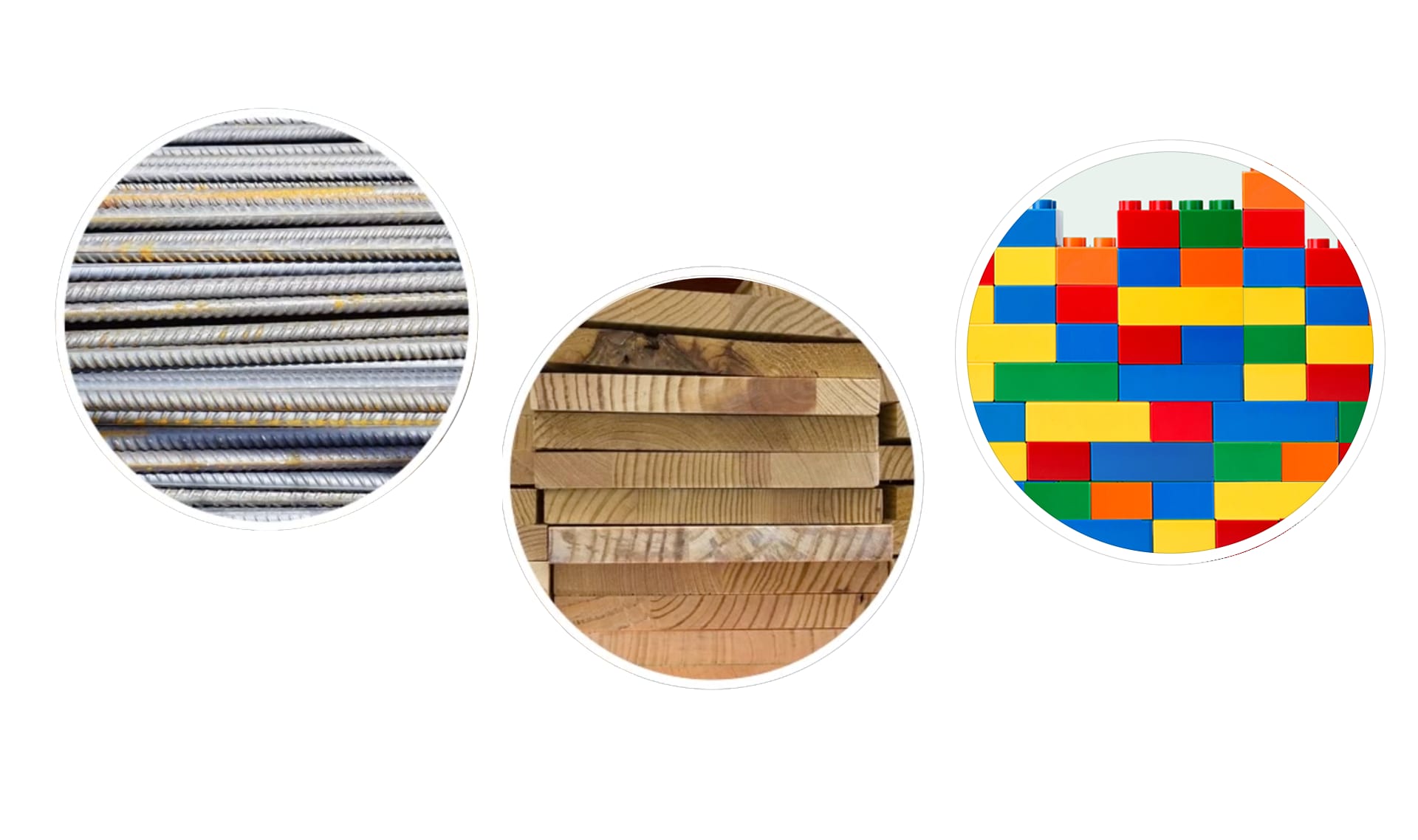
material
1 of 9
what something is made of, like metal, wood, or plastic
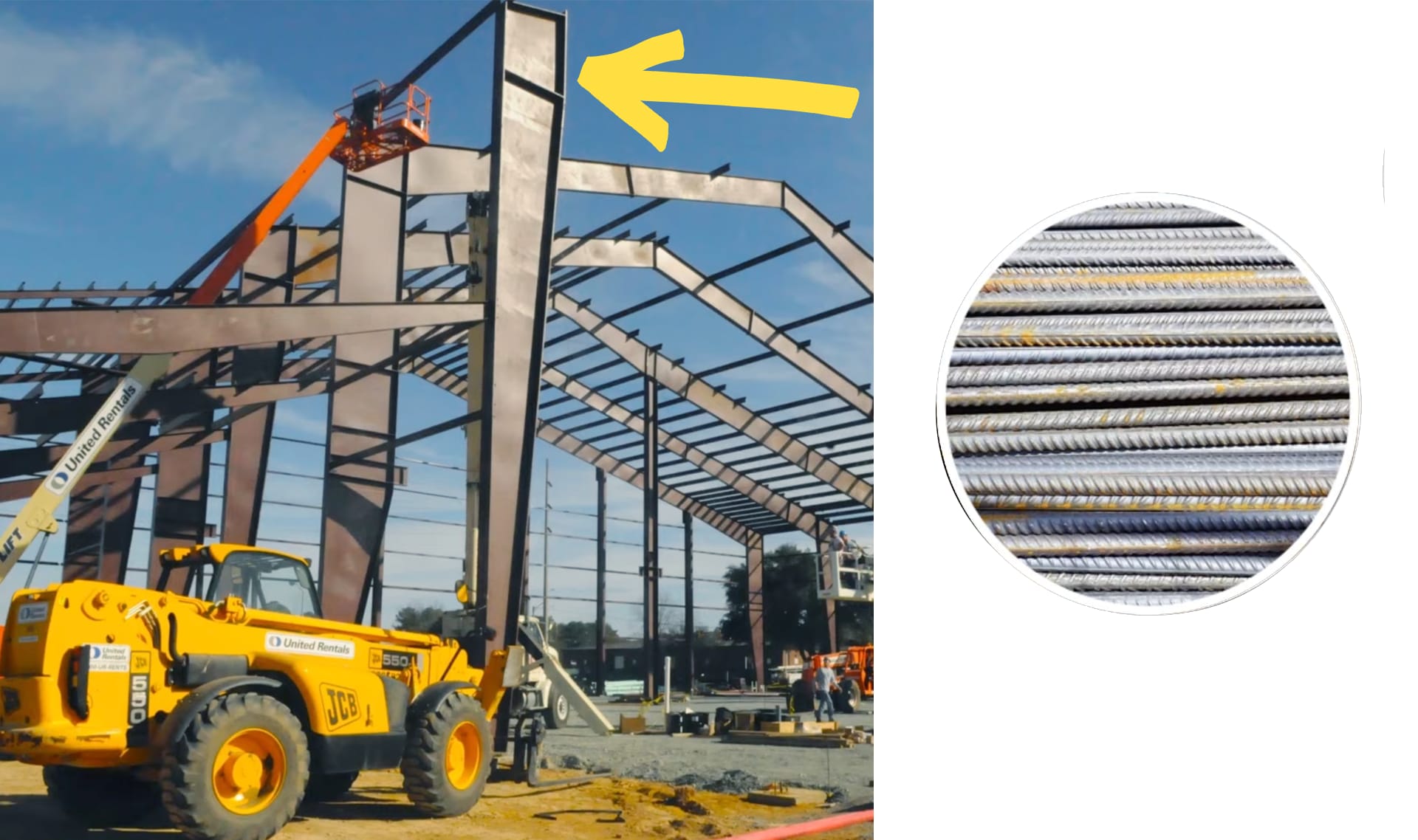
metal
2 of 9
a natural material that is often shiny and you cannot see through it
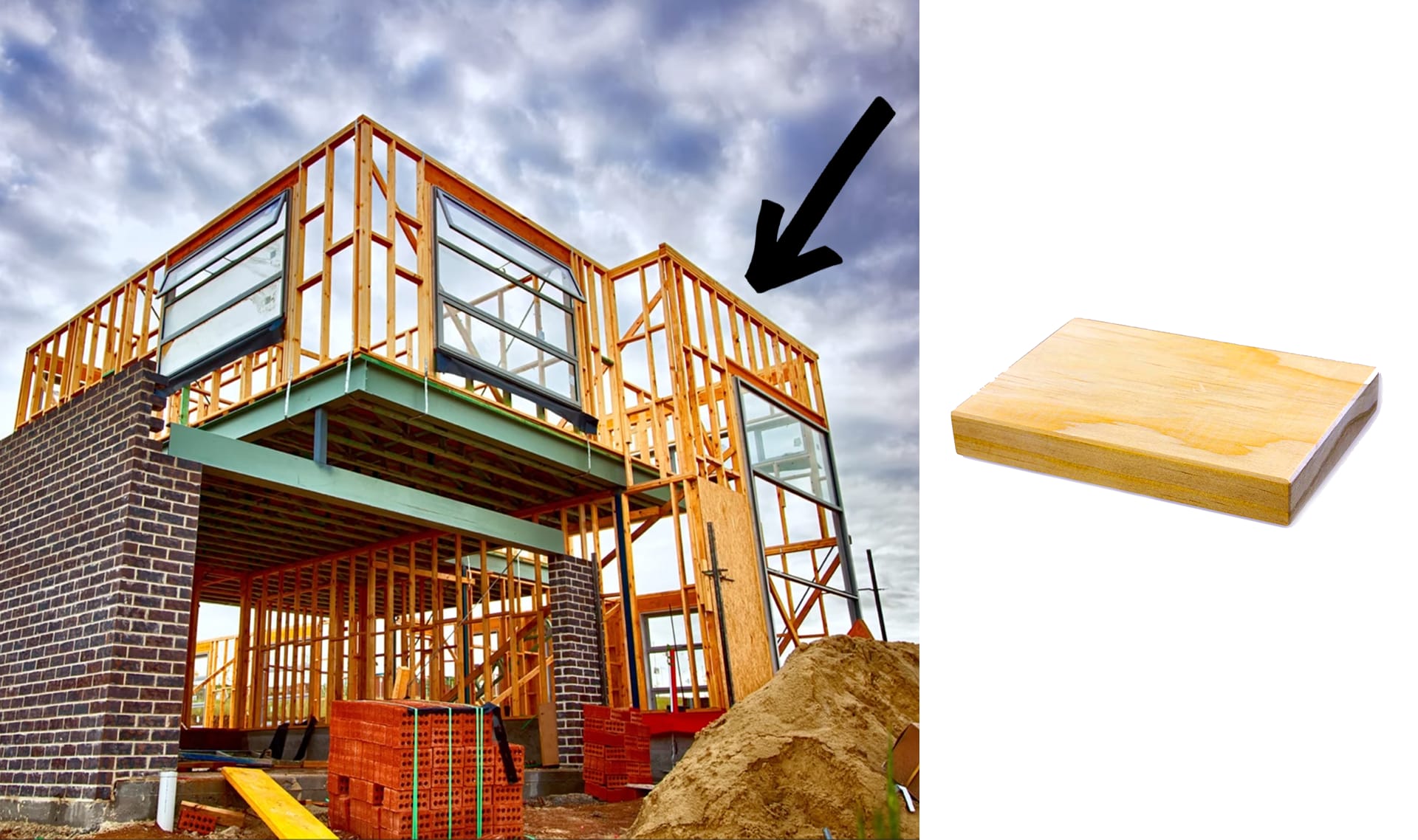
wood
3 of 9
a natural material that comes from trees
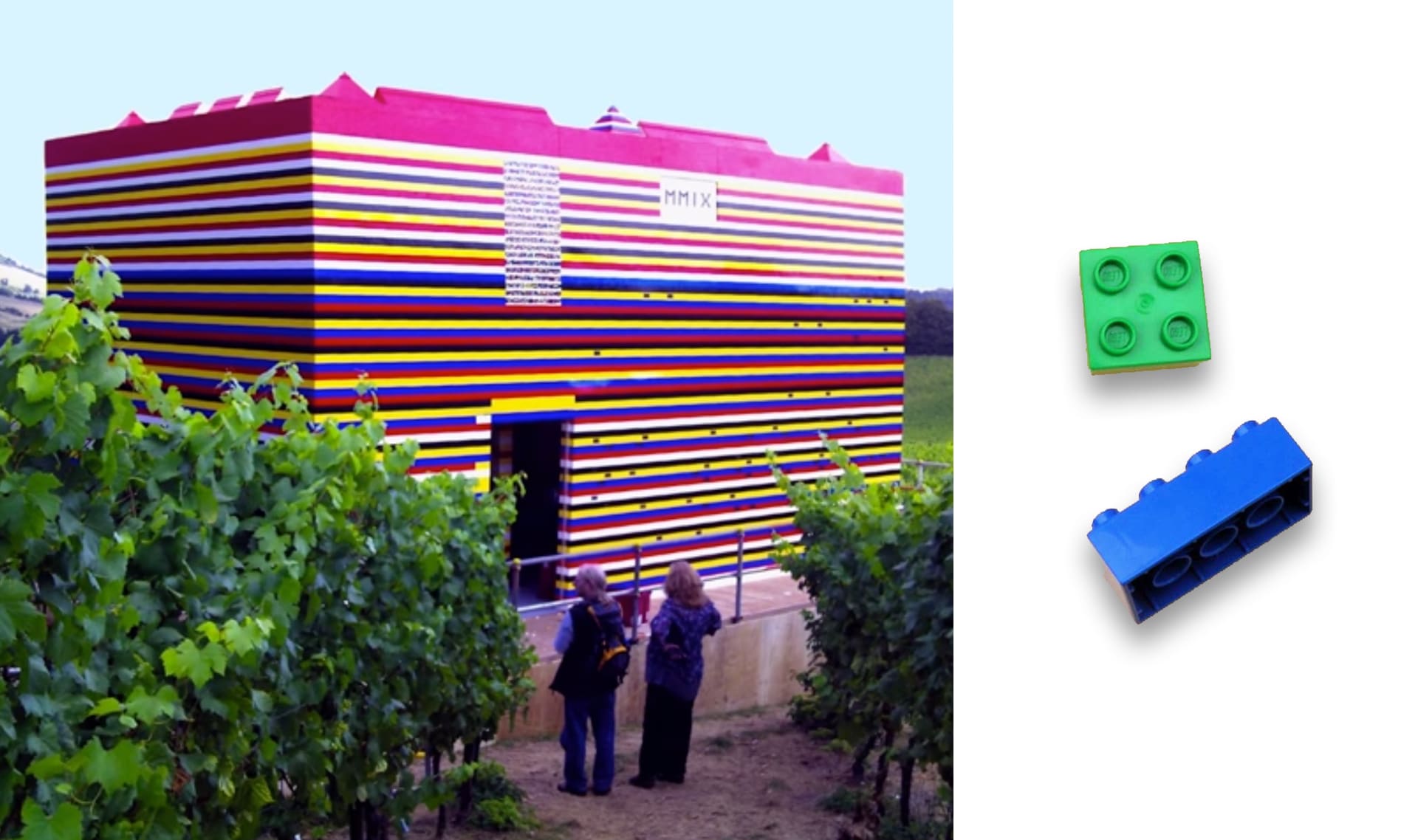
plastic
4 of 9
a material people make that can be formed into almost any shape
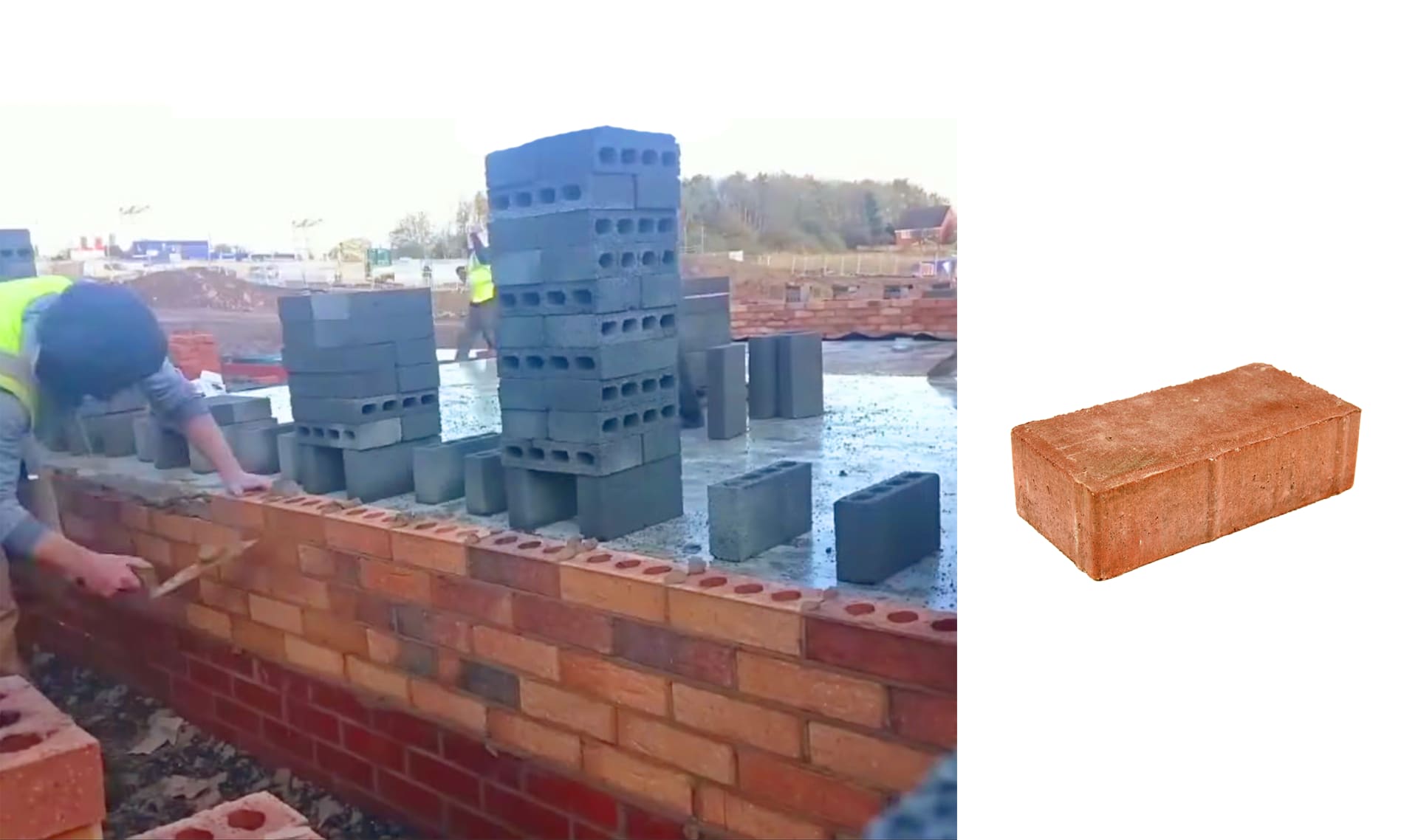
brick
5 of 9
a block used for building

Please wait…
This video is having trouble loading. You may have lost your Internet connection.
Step 1: Click to Reload this page
Step 2: Click to
Try our other video player
Step 3: Contact your teacher if trouble persists.
Or,
dismiss this message.
flexible
6 of 9
can bend easily
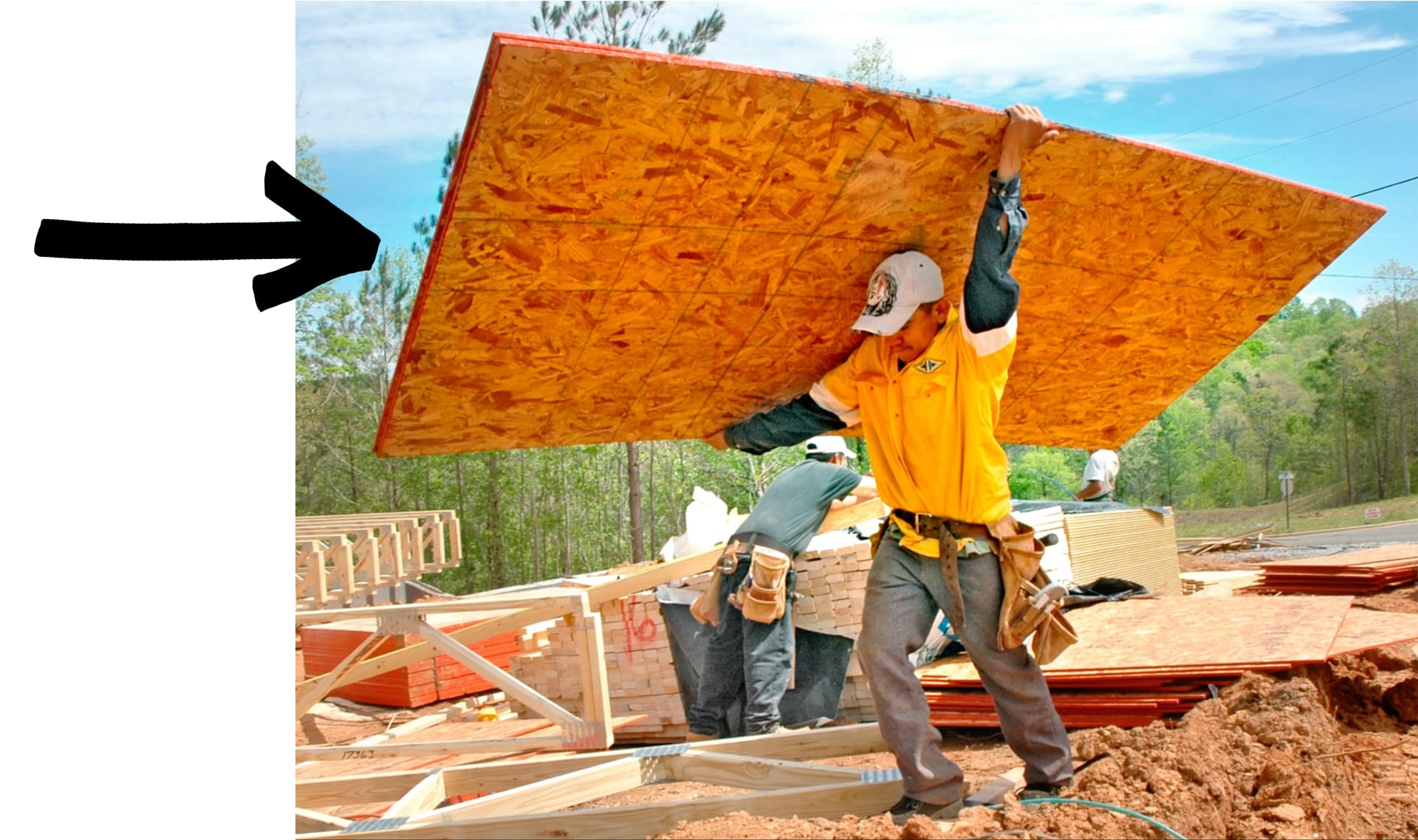
stiff
7 of 9
cannot bend easily
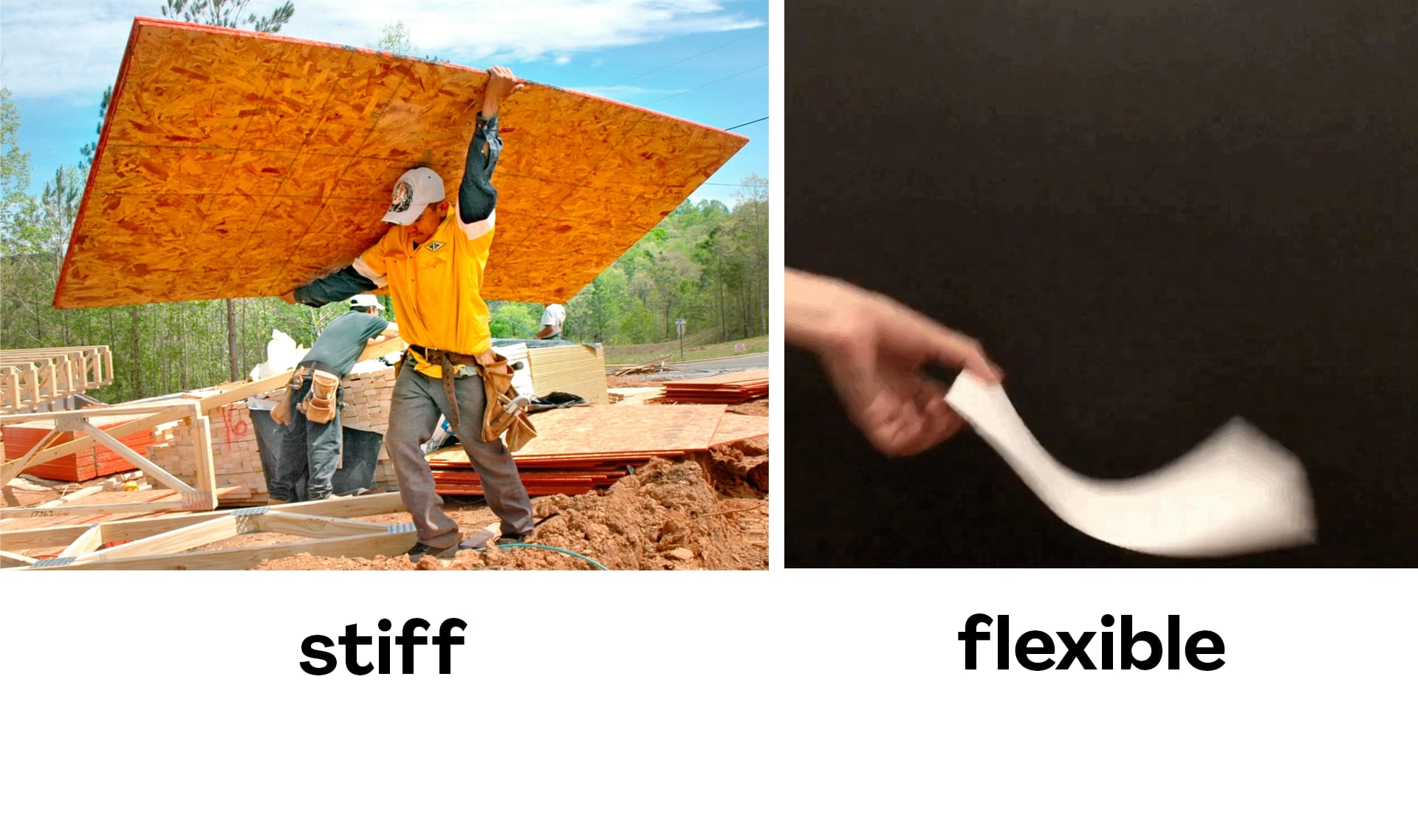
property
8 of 9
something you can observe about an object or material
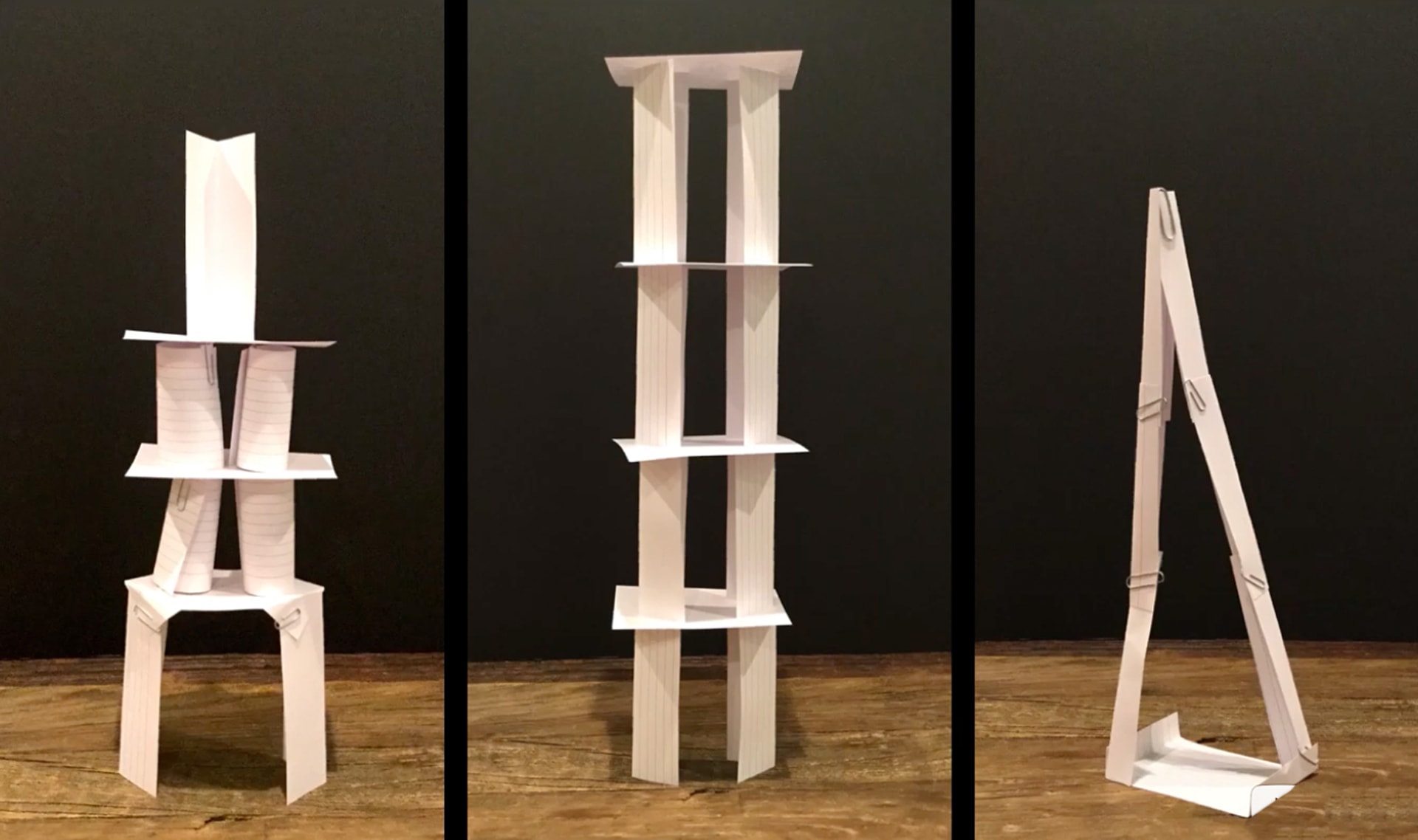
experiment
9 of 9
a test used to discover new information about a question
